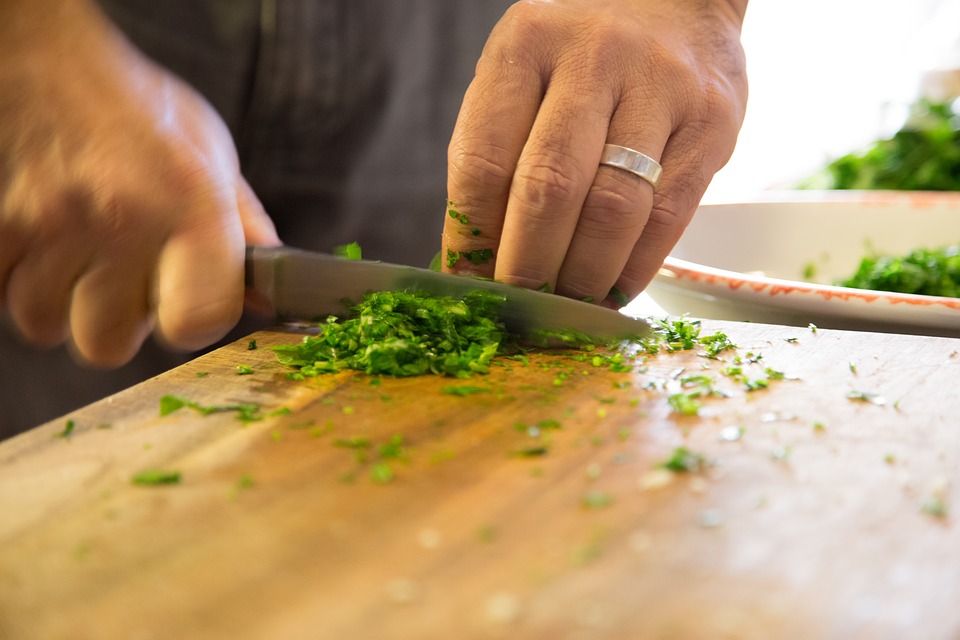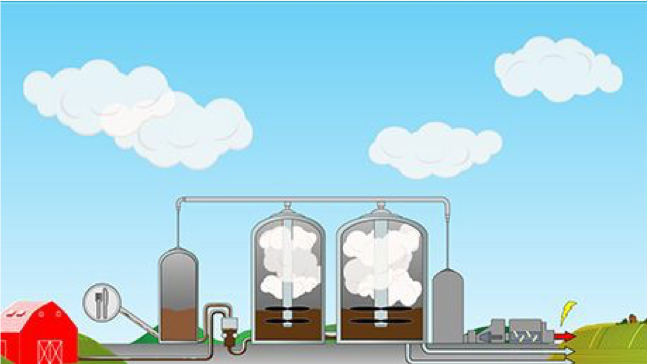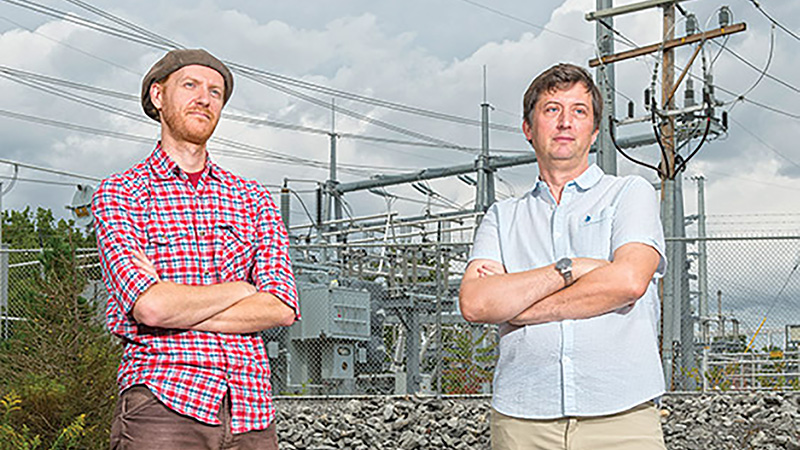How to Cut Food Waste at Home: Researching food waste collection services in Rochester, NY
The following content was created by Jessica Peterson in November 2018 as an educational sustainability blog post.

If you buy food, you are part of the food waste problem in America. As researchers, we want to understand your attitudes and behaviors about food waste in your household. We want to learn about the challenges you experience in order to make it easier to separate household food waste in order to keep it out of the landfills.
The food waste problem
What is the food waste problem? According to the United States Environmental Protection Agency (EPA), Americans disposed 37.6 million tons of food waste in 2015. The agency also found that consumers (people like you and me who buy food) throw out about 219 lbs of food waste every year. Think of every time you scrape your plate into the garbage, leave food on your plate at a restaurant, or clean out your fridge and throw spoiled food away (those mixed greens you bought but didn’t eat)—you are part of the problem.
The good news? You can do something about it!
Composting food waste is a great way to keep it out of the landfill. If you can and want to do composting at home, this is a great option for households, and the EPA provides some details and helpful tips. However, home composting is not an option for everyone, such as those of us who rent or live in urban areas with no space, or for those who just don’t feel comfortable doing it.
In Rochester, new businesses that collect residential food waste are entering the market. These firms collect food waste from residences for a small fee. All you have to do is scrape your plate into a separate bucket instead of the trash can. The bucket seals airtight so no odor leaks out. The service takes the bucket for you and then gives you a new one. You can either have the bucket picked up at your home or bring it to a drop-off location.
The benefit of “doing something about it”
Keeping this type of food waste out of the landfills (out of your kitchen garbage) has a positive impact on the environment in two ways:
- it reduces harmful emissions from the landfill, and
- the food waste is composted and therefore can be utilized as fertilizer afterwards, creating a more useful product than when it sits in a landfill.
So what does this have to do with research?
As researchers looking to reduce food waste, we know that consumers in the Rochester area have a significant role to play when it comes to reducing food waste at home. Our research goal is to better understand what people choose to do with their food waste and why. To find out, we use surveys to help us answer the following research questions:
- What are consumers’ attitudes toward household food waste separation and why? (Are some opposed to keeping a bucket in the kitchen?)
- What motivates people to participate in a food-waste-collection service? (Do they participate because it is convenient?)
- Why do people decide not to compost? (Is it too cumbersome or disgusting? Does it require skills they don’t have?)
If you’re ready to learn about composting services that are available where you live, visit compostnow.org.












